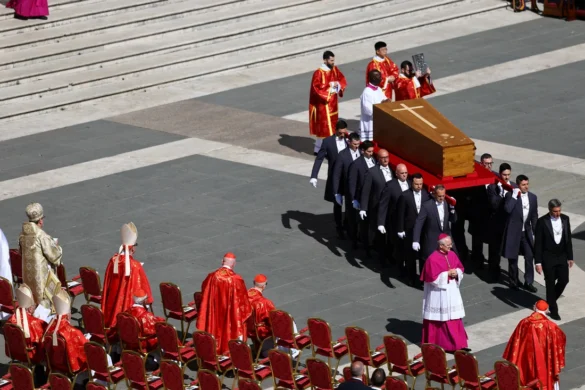The independent national Electoral Commission (INEC) has initiated a collaboration with the Nigerian Communications Commission (NCC) to ensure electronic transfer of election results beginning with the governorship elections in Ekiti and Osun states this year.
Both agencies agreed on this position at a meeting on Thursday in Abuja when INEC Chairman Prof. Mahmud Yakubu visited the NCC Executive Vice Chairman Prof. Danbatta.
Prof Yakubu said: “The Commission introduced and deployed the biometric voter register in the 2011 General Elections and the Smart Card Reader (SCR) in the 2015 General Elections.
“The time has come to electronically collate and transmit election results. We are convinced that by doing so, results will be transmitted faster and more accurately from the Polling Units to the various collation and declaration centres.
“In several re-run and bye-elections conducted since the 2015 General Elections, the Commission has deployed the electronic collation and transmission platforms on a pilot basis.
“More recently, we conducted simultaneous electronic and manual transmission of results in some major elections. We are planning for full deployment this year in the Governorship elections in Ekiti State in July and Osun State in September. Thereafter, we intend to deploy the system in the 2019 General Elections.”
Yakubu said it was imperative for the commission to discuss with the telecommunications operators in Nigeria.
He noted that While INEC possesses the hardware and had already developed the software, the commission would have to rely on the operators for the transmission of the figures and scanned images of result sheets.
“We will transmit the raw figures from the polling units, scanned images of the result sheets will also be transmitted electronically, in addition to the physical copies given to political party agents at each polling unit.
“Therefore, there will be paper trail against which the integrity of electronically-transmitted figures can be compared and verified.”
He said proposed arrangement would place importance on data security in the course of transmission of results in order to safeguard the security of the process.
“This will help in the management of database and dataset of the allocated numbers. It will also help to guard against the delisting of the SIM cards when they are not active for a prolonged period of time. Doing so will also enable the encryption of information thereby providing additional security in the course of transmitting both data and image.”
Prof. Danbatta assured the INEC that the NCC was committed to free, fair and credible elections.
He said: “We will bring to bear, our wealth of experience in the area of information and communications technology expertise in ensuring that the 2019 elections meet with the yearnings and aspirations of Nigerians.
“We are about to witness what has never happened. We will be active participants. We will offer our operational experience to ensure that we obtain the desired results.”




